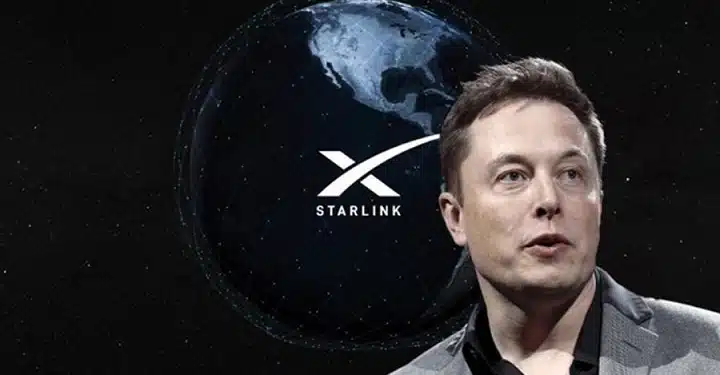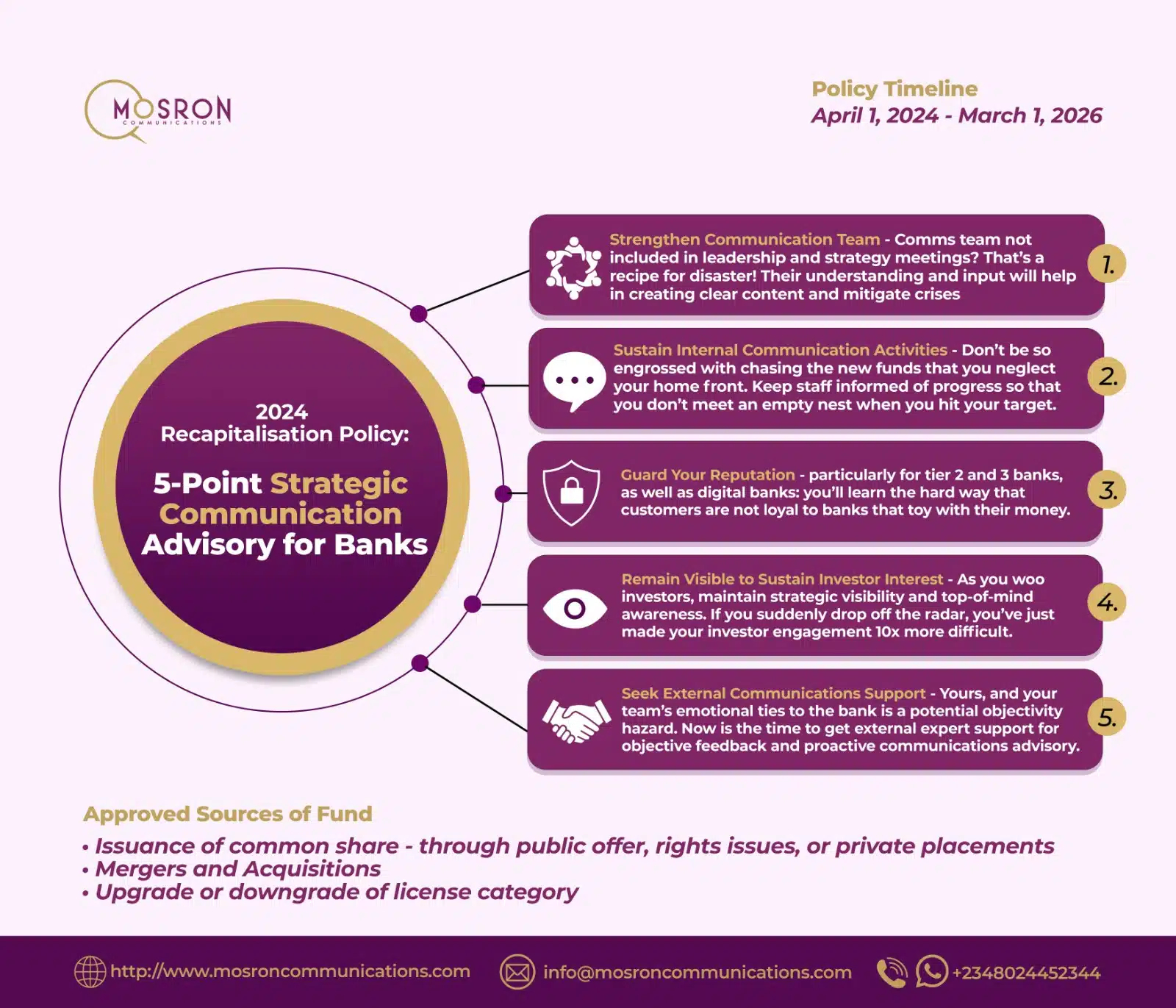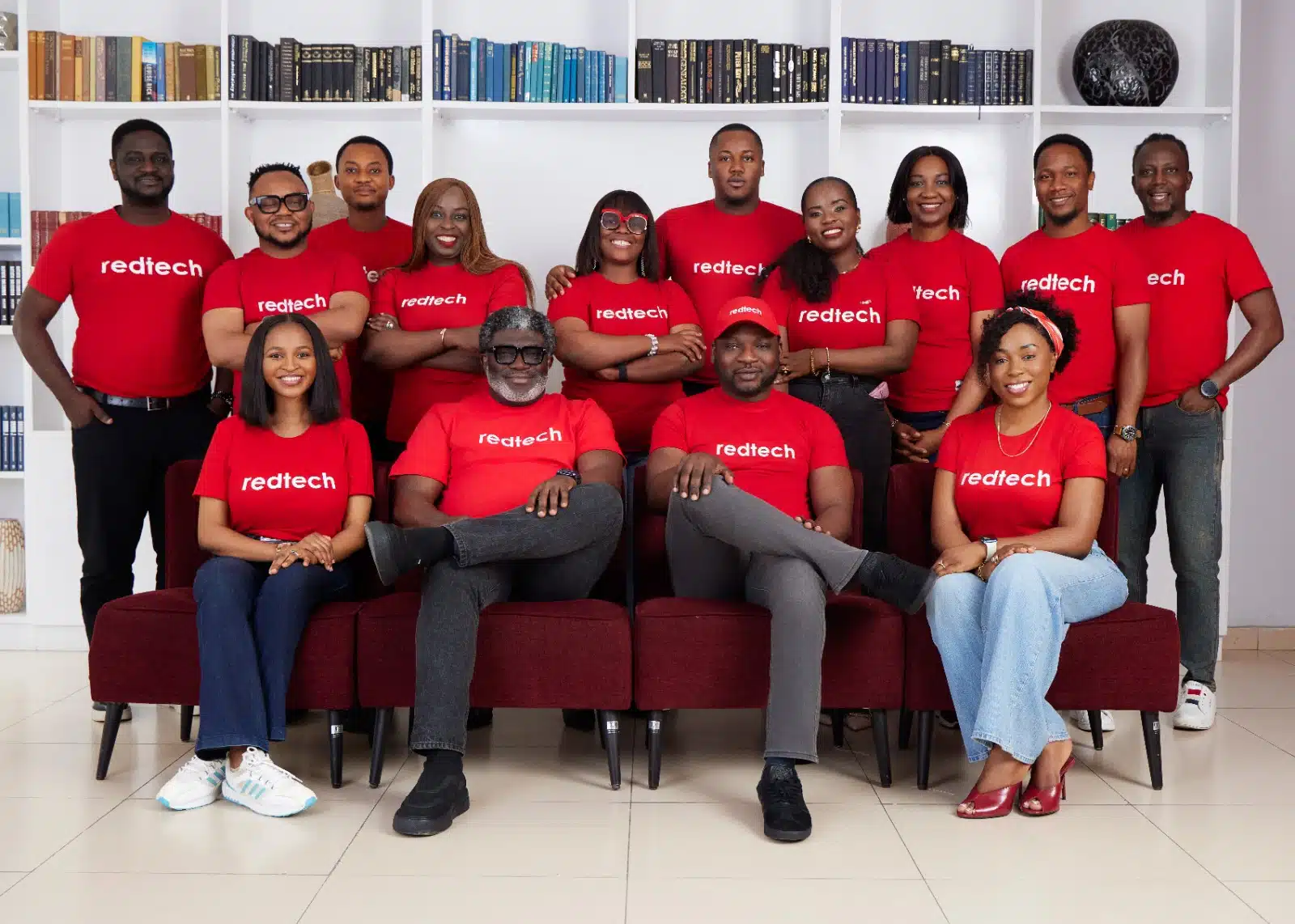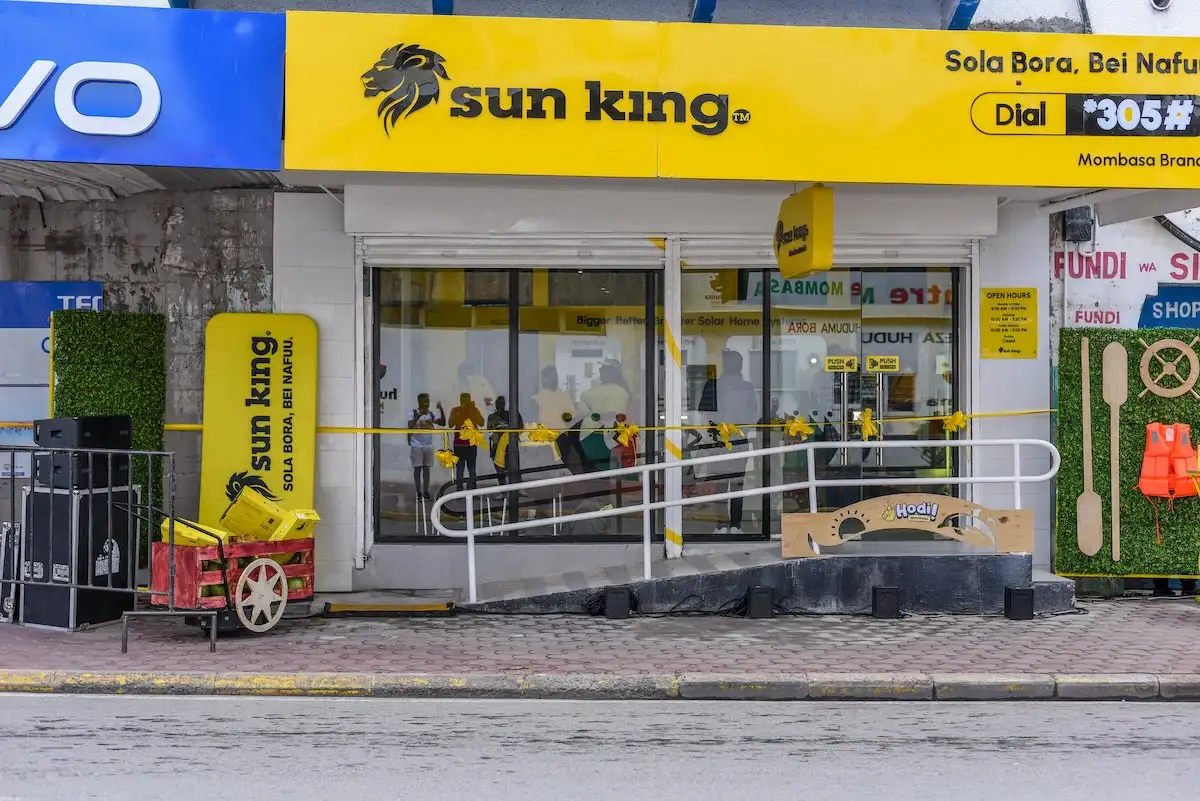Bloomberg reports that ahead of a meeting on Tuesday night, South Africa is poised to adjust its Black Economic Empowerment (BEE) regulations to facilitate the entry of Elon Musk’s Starlink satellite Internet service into the country.
The proposed changes involve allowing multinational ICT companies to fulfil BEE requirements through equity-equivalent investments, rather than the traditional 30% Black ownership mandate.
This policy shift is designed to attract foreign investment in the ICT sector and expand Internet access, particularly in underserved rural areas.
Under the equity-equivalent model, companies like Starlink would invest in initiatives such as infrastructure development, skills training, or providing Internet services to disadvantaged communities. These contributions would be recognised as fulfilling the ownership element of BEE compliance.
Since its launch in 2019, Starlink has been on a rapid expansion drive globally but has faced significant push back in Africa. Local ownership rules have delayed its launch in South Africa and Lesotho, with the latter backing down in April 2025.
The South African government’s decision to block operations in the country has drawn criticism from the company but received support from Vodacom, perhaps with an eye on protecting market share.
The equity-equivalent approach is not new to South Africa. In 2019, the automotive industry adopted a similar model, with major manufacturers like BMW, Ford, and Toyota establishing funds to support Black-owned enterprises and workforce development.
Earlier in the year, Communications Minister Solly Malatsi emphasised that the proposed policy adjustment is not exclusive to Starlink but is part of a broader strategy to create an enabling environment for international investment and to expand digital connectivity across South Africa.
Starlink’s potential entry into the South African market could significantly impact Internet accessibility.

Victoria Fakiya – Senior Writer
Techpoint Digest
Stop struggling to find your tech career path
Discover in-demand tech skills and build a standout portfolio in this FREE 5-day email course
According to a 2023 survey by Statistics South Africa, only 1.7% of rural households have Internet access. By leveraging satellite technology, Starlink could provide reliable Internet services to remote areas, supporting education, healthcare, and economic development.
The proposed policy change reflects South Africa’s commitment to balancing its empowerment goals with the need to attract foreign investment and enhance digital infrastructure.
As the country navigates this policy evolution, the successful implementation of equity-equivalent programmes could serve as a model for other sectors seeking to reconcile global business practices with local socio-economic objectives.










